Rather than confuse the issue with my verbal dexterity (or excrement from my brain is more likely) I will quote from a source on the web:
Dyslexia is an inherited condition. Researchers have determined that a gene on the short arm of chromosome #6 is responsible for Dyslexia. That gene is dominant, making Dyslexia highly heritable. It definitely runs in families.
Dyslexia results from a neurological difference; that is, a brain difference. People with Dyslexia have a larger right-hemisphere in their brains than those of normal readers. That may be one reason people with Dyslexia often have significant strengths in areas controlled by the right-side of the brain, such as artistic, athletic, and mechanical gifts; 3-D visualization ability; musical talent; creative problem solving skills; and intuitive people skills.
In addition to unique brain architecture, people with Dyslexia have unusual “wiring”. Neurons are found in unusual places in the brain, and are not as neatly ordered as in non-dyslexic brains.
In addition to unique brain architecture and unusual wiring, f/MRI studies have shown that people with Dyslexia do not use the same part of their brain when reading as other people. Regular readers consistently use the same part of their brain when they read. People with Dyslexia do not use that part of their brain, and there appears to be no consistent part used among dyslexic readers.
It is therefore assumed that people with Dyslexia are not using the most efficient part of their brain when they read. A different part of their brain has taken over that function.
As a result of this dyslexic children often start with a lack of phonetic awareness that impairs their ability to learn in school. Teachers assume that this phonetic awareness exists and thus the child is at a disadvantage before they even start learning.
I hope from this you can see that although dyslexic people start with a disadvantage caused by the way we are taught in school, if they manage to get past that hurdle then the tend to end up with an advantage in the long run…
